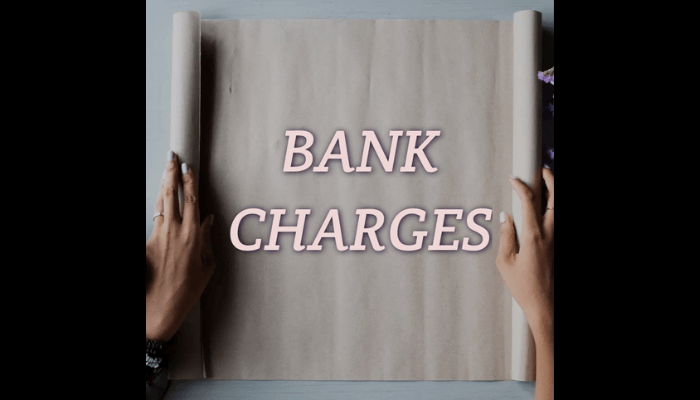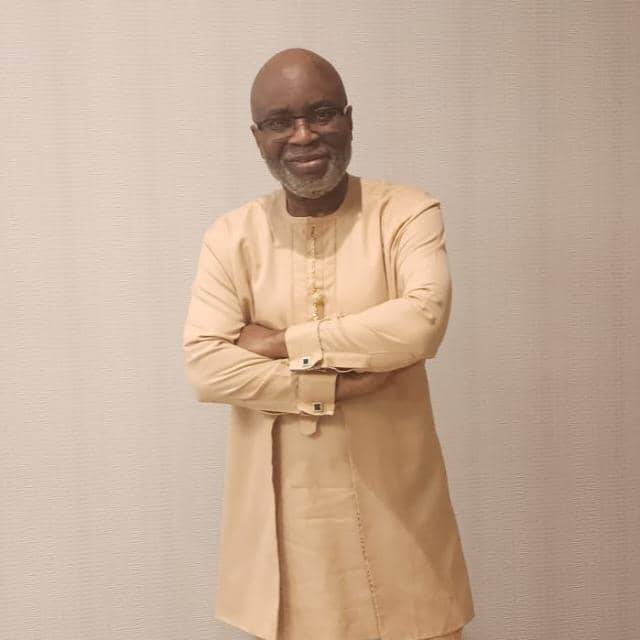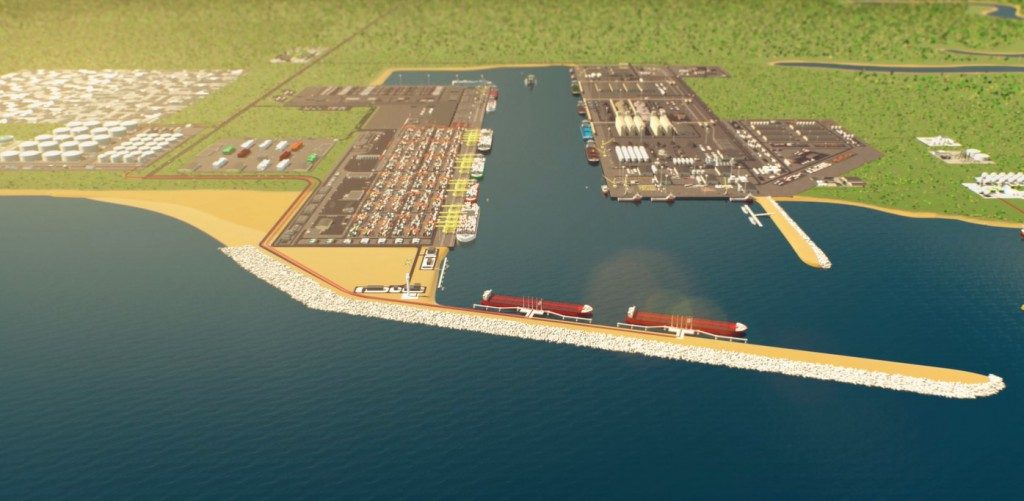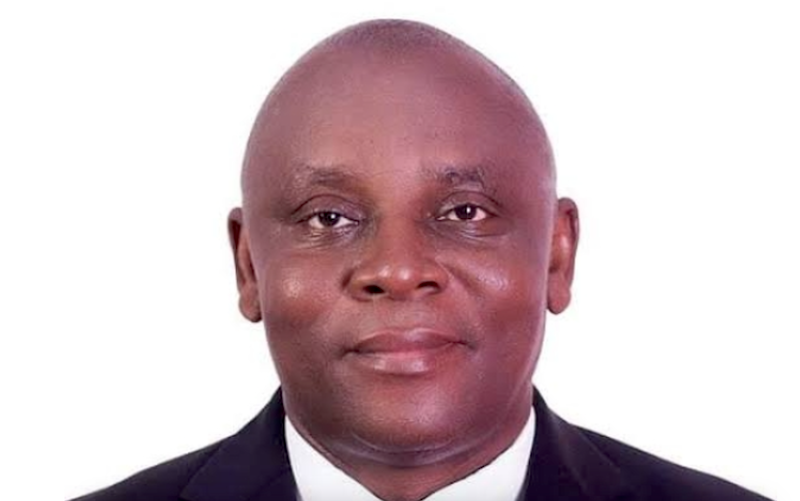Grumbling about banks’ profit is a favourite Nigerian pastime that gets louder and louder in the first quarter of the year when their financial performance for the previous year is announced. But lately, the grumblers have shifted attention to bank charges, with some arguing that the lenders are too profitable and should waive these deductions from customers’ accounts. ‘’How do the banks make so much profit while the rest of the economy is collapsing?’’; ‘’Banks are stealing from their customers through dubious charges;’’ and ‘’Let’s boycott Bank XYZ…’’ are some of the commonest protestations.
On Wednesday, May 14, The Guardian published an article with a rather ghoulish title, ‘’The blood profits of Nigerian banks’’, written by Dr. Emmanuel Owhoko, identified as a public policy analyst, author and journalist. The piece drips with obvious irritations about banks’ ‘’growing quest for abnormal profits through use of arbitrary charges, devoid of empathy for emotional state of customers’’. It suggests that bankers are just a lazy bunch that does nothing other than to debit customers’ accounts and convert the proceeds into huge profits. But the essay is based on ignorant assumptions and poor knowledge of the operations of banks. As a former banker, I feel compelled to intervene in a very simple manner.
First, why do banks make so much profit? The reason is simple. Their unique role and peculiar functions confer on them some advantages that other industries don’t have. A typical bank sells a wide range of services to millions of customers every day and night, including weekends and public holidays. Such a business will most likely be profitable unless it is mismanaged. A top tier Nigerian bank has millions of customers (Access Bank has over 60 million, for example) and each of these customers has one thing or the other to buy from their bank. Even if you have a savings account from which you rarely make withdrawals, your bank is making money off you by lending your money at a higher interest rate than it’s paying you. It’s called financial intermediation; and it’s the main reason a bank exists and the core source of its income.
In addition to lending (and there are many types of it), banks also offer a wide range of other services such as financial advisory; wealth management; investment banking; foreign exchange services, etc, to millions of its customers and get paid for them. In some cases, a bank is part of a holding company that offers a lot more varied and diversified services such as insurance; pensions; fintechs and payments. It therefore follows that almost every adult person, including students, is in a regular need of one banking service or the other. Such inevitability offers the industry unique benefits that can only translate onto profits.
Unlike a manufacturing business, a bank does not import raw materials; has no complex machines and conveyor belts that break down; does not pay customs and excise duties for spares and inputs and does not deal with the problems of unsold goods, huge inventory costs and products recall. The peculiarity of banking business and its inherent advantage became clearer last year. While many Nigerian manufacturers with dollar-denominated loans suffered huge losses due to Naira depreciation, banks actually recorded fat gains from their massive dollar holdings.
A bank simply makes the bulk of its revenues from financial intermediation – taking money from the surplus side and giving it the deficit side with a margin. So, consider a bank with a loan book of N500 billion at an average interest rate of 20%. How much interest income is that? There is no business as lucrative as money lending, right from history; and there’s no reason for a bank not be profitable, unless it is mismanaged. But banking is also a very risky business (actually, the technical name for a loan is ‘’risk asset’’) with its own peculiar challenges. Many banks, including some very big ones overseas have failed. Nigeria has also recorded many cases of bank failures. One bad loan can almost sink a bank. This is why it is a highly regulated industry.
Dr. Owhoko writes in his article which I referred to earlier: ‘’Implicitly, these charges constitute huge burden on the average bank customer who contends daily with depletion in his or her account balances. Corporate customers or businesses are also not spared from these questionable charges that have become a drain on the balance sheet of companies’’. A bank is a commercial and profit-oriented business whose services and activities are well regulated. A bank must stay profitable, safe, sound and stable. To that extent, Banks and other Financial Industry Act (BOFIA), the law that guides banking businesses, stipulates that all services provided by a bank must be paid for by the customer. In other words, there’s no free lunch in the banking hall. A customer – whether corporate or individual – should never expect to obtain free services from a bank. The charges that Dr. Owhoko and many others complain so stridently about are just the cost you pay for the services your bank renders to you.
I often wonder why the same people who whine about bank charges are eager to pay various telecommunications charges; cable TV subscription; dry cleaning bills; air tickets; restaurant bills and other sundry obligations without complaints, but are quick to bicker over bank charges. Are banks charity organizations? Don’t they understand the risks involved in keeping trillions of customers’ deposit safe? If you think that bank charges are too high, you may wish to consider keeping your money at home and watch it grow!
A bank provides the safest and most reliable place to keep your financial treasures. But it comes with huge costs to the banks. Charges on customers’ account are therefore meant to help offset these costs so that the banks could continue to operate in a safe, sound and stable manner. The idea that these charges, which are typically in small amounts, are the main sources of banks’ profit is erroneous. Banks make the bulk of their income from interest earned on loans, investments and other assets. Minor debits like account maintenance fees and SMS charges constitute a small portion of the bottom line.
Nigerian banks should be commended for their important roles in the economy. They provide funding for big and small businesses like Dangote Industries; the airline industry; manufacturing sector; public sector and even small businesses like schools; restaurants or a corner shop. Instead of bellyaching over minor charges, Nigerians should ask their governments to provide security, stable electricity and adequate infrastructure that banks spend so much to provide.






